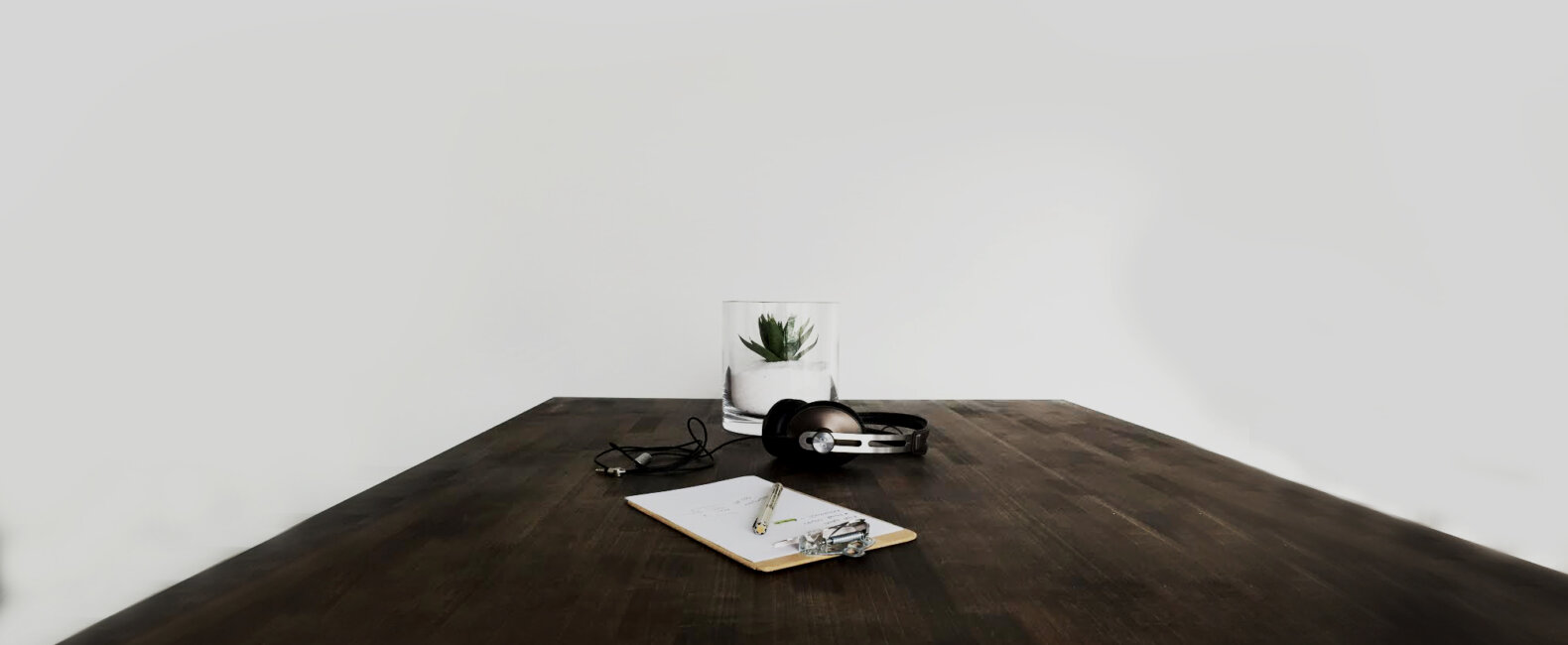Creativity is such a fragile thing. Maybe that’s why entire mythologies have been built around it — everything from the Muses to the idea of “genius,” all attempting to explain where creativity comes from and where to find it when it’s gone missing. And it does go missing. Sometimes it goes missing a lot. The inspiration leaves, the magic is gone. You question everything you’ve ever done. Nowadays, we call this a “creative block,” and it can be terrifying.
Here are a few escape routes.

“You cannot control inspiration, you cannot force yourself to do good work, but you can force yourself to sit down at your desk and engage the process of a creative life.”
FOCUS ON PROCESS NOT PRODUCT
Creativity is a habit, not an event. It’s a constant way of being in the world — being open, vulnerable, interested. Being productive. Doing your work. One of the best ways to fight creative block is to approach your work with discipline. To sit down at your desk every day regardless of how you feel about it. Regardless of whether or not you feel inspired. You cannot control inspiration, you cannot force yourself to do good work, but you can force yourself to sit down at your desk and engage the process of a creative life. Eventually something is going to click.
“You might find that your “bad” work is the best work you’ve ever done.”
LET YOURSELF DO BAD WORK
Creative block is usually just a form of insecurity. We are afraid our next project won’t be as good as our last, that maybe we’ve already “peaked” and it’s all downhill from here. It’s a debilitating train of thought. But worrying about doing “good” work is a waste of time. Usually we have no idea how good or bad our work is until years later when we can finally see it with fresh eyes. Give yourself permission to do bad work. Make something sloppy and weird that comes straight from your heart. You might find that your “bad” work is the best work you’ve ever done.

“Our insecurity as creatives usually comes from the way we think people see us.”
CULTIVATE AN INDIFFERENCE TO PRAISE AND BLAME
Our insecurity as creatives usually comes from the way we think people see us. Do they like our work? Do they not like our work? We let their taste inform the way we feel about ourselves, which can quickly become paralyzing. We love this quote from an interview with poet John Berryman in The Paris Review back in the early ’70s: “I would recommend the cultivation of extreme indifference to both praise and blame because praise will lead you to vanity, and blame will lead you to self-pity, and both are bad….”
Of course, not long after that interview, John Berryman jumped off the Washington Avenue Bridge in Minneapolis. So YMMV.

“The impulse to save something good for a better place later is the signal to spend it now. Something more will arise for later, something better.”
KEEP A NOTEBOOK
Don’t trust yourself to remember good ideas. Keep a notebook and constantly fill it up. Not only will a notebook help you remember, but the very act of recording things can change the way you look at the world. It will help you become more aware of what truly resonates.
SPEND ALL YOUR GOOD IDEAS
It’s tempting to keep our best ideas in our back pockets — just to know they’re there. We want to hold on to them until conditions are perfect, until our skills have improved and we have the right people around us to bring our visions to life. However, ideas are strange. When you’re stingy with them, they come less frequently. But when you spend them wildly, they replenish themselves wildly. There’s no better articulation of this idea than a quote from one of our favorite writers, Annie Dillard:
One of the things I know about writing is this: spend it all, shoot it, play it, lose it, all, right away, every time. Do not hoard what seems good for a later place in the book or for another book; give it, give it all, give it now. The impulse to save something good for a better place later is the signal to spend it now. Something more will arise for later, something better. These things fill from behind, from beneath, like well water. Similarly, the impulse to keep to yourself what you have learned is not only shameful, it is destructive. Anything you do not give freely and abundantly becomes lost to you. You open your safe and find ashes.

“The fact is creativity is how the brain solves its own boredom. So make time for boredom, time when your mind can wander freely and end up in unexpected places. ”
EXERCISE
Walk. Run. Cycle. Play Frisbee. Play basketball. When you get back, you might find the ideas have been jostled loose.
BUILD IN TIME FOR BOREDOM
Boredom is slowly and systematically becoming extinct. Entertainment abounds. Twitter calls. And while many of these things can be rich sources of inspiration, they can also be constant sources of distraction. They keep your mind from ever having to dig around for itself, smash ideas together, wonder what if…? The fact is creativity is how the brain solves its own boredom. But if you are constantly feeding your brain tiny bits of entertainment, it has no motivation to do any work on its own. So make time for boredom, time when your mind can wander freely and end up in unexpected places. Don’t try to solve problems, don’t try to come up with ideas. Your mind will do that automatically once you leave it to its own devices.

And maybe the biggest key to all of this is not to worry. Not to panic. Creativity is a lifelong pursuit, and there is plenty of time for creative block. There is plenty of time for highs and lows. You just have to take all of it as it comes. And no matter how you feel,force yourself to sit down day after day and try to make something. You will get there. Trust us.





















































































